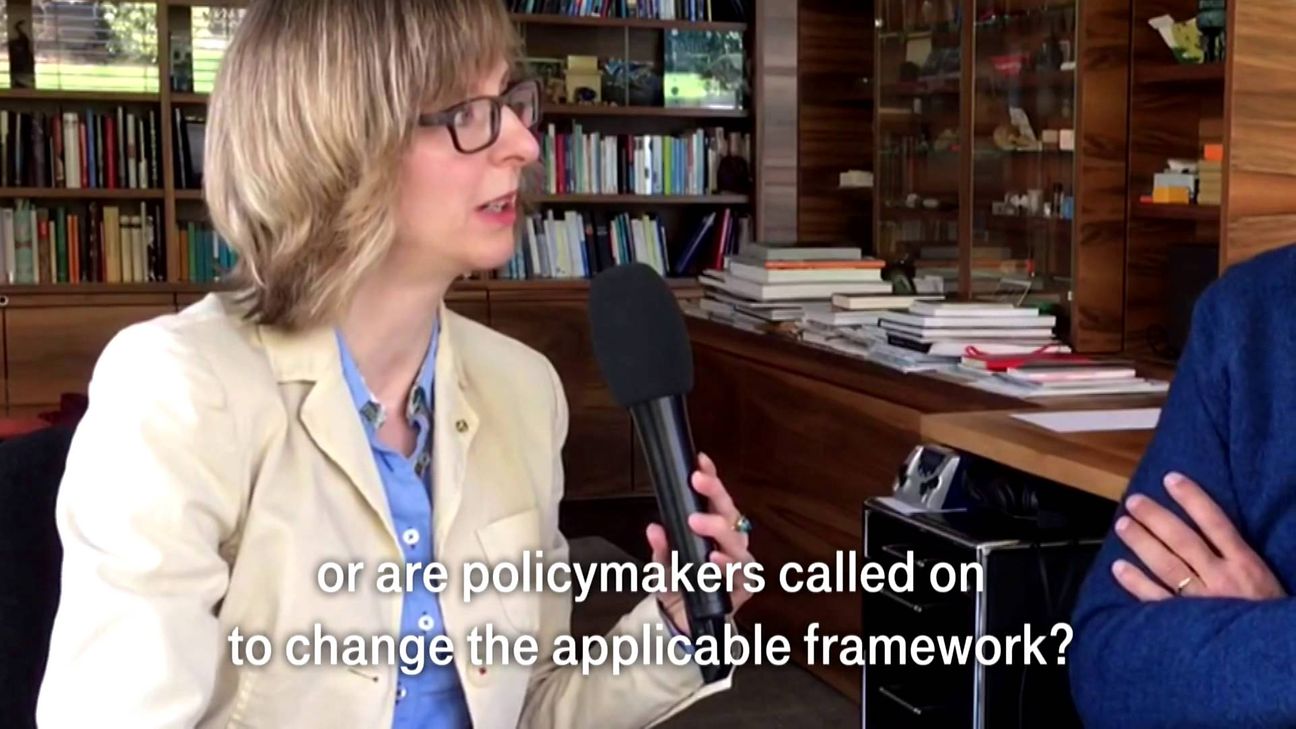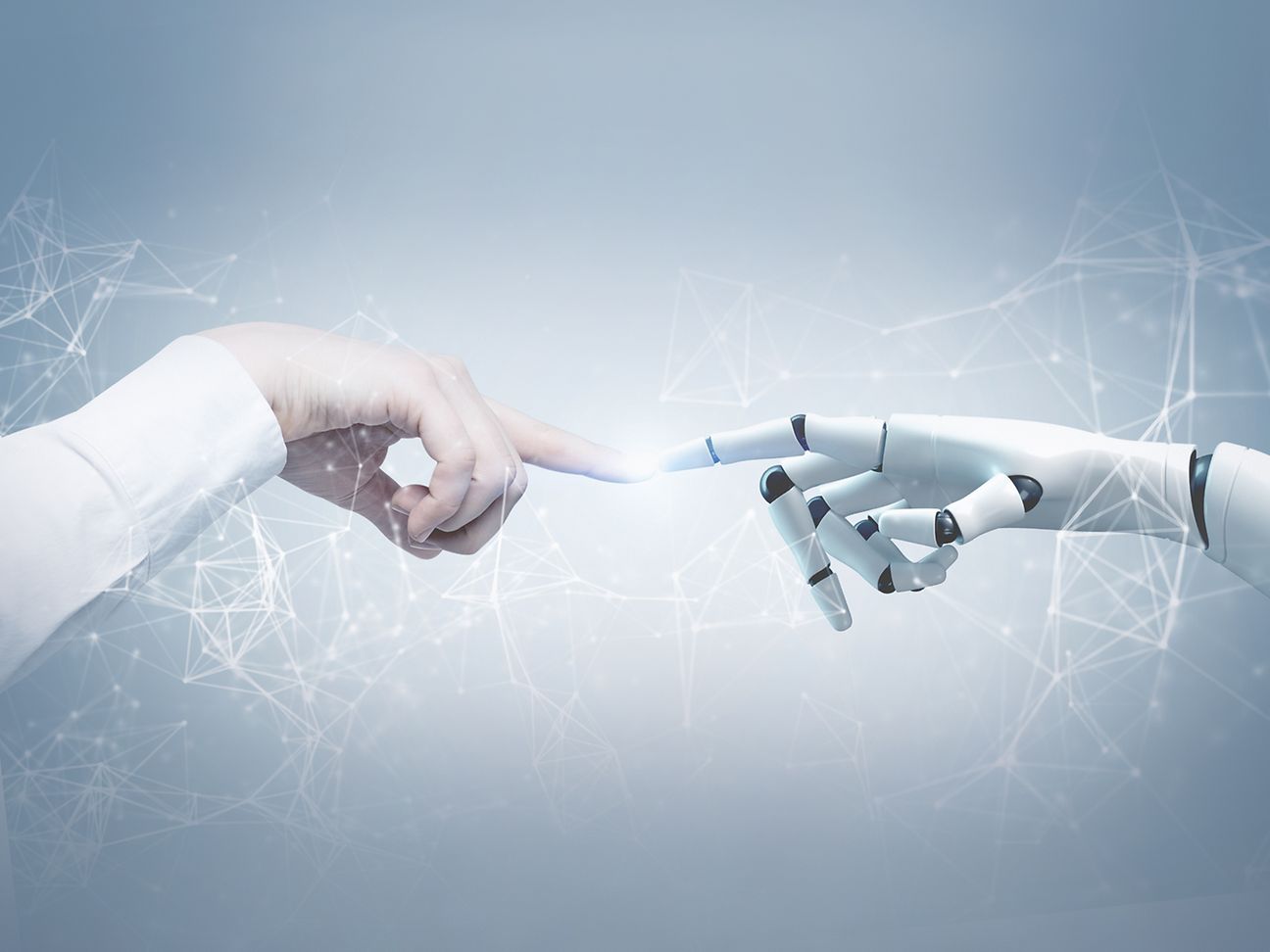Video: Ranga Yogeshwar on the Internet as the midwife of a democratic world.
You once referred to the Internet as a "midwife for a democratic world." What did you mean by that? How could that work?
Ranga Yogeshwar: The possibilities of the Internet are seen in that many pro-cesses are no longer just one-way – they have become bidirectional. In other words, users can send something back, so to speak. And this fact, combined with the new possibilities for broad-based networking, i.e. combined with the community-fostering functions inherent in groups, networks, etc., could be used in a positive sense to enable each one of us to assume some responsi-bility, i.e. to help shape something actively. In some cases, this is already happening. But one always has to see both sides.
The other side is that we're providing huge amounts of data, that the data can be evaluated and that we can be profiled via our data. Large-scale hysteria about terror provides fertile ground for efforts to place people in categories, to subject people to "scoring" – meaning, ultimately, to asking "does he really belong" and "could he be a threat?" If one thinks this through to its logical consequence, that is dangerous, especially at the global scale, in light of the fact that democracy is not necessarily the standard model for many countries.
When we realize that a new tool has suddenly become available, a tool with which each individual can be categorized, in specific ways, and with which any of us can be tracked, whether we like it or not – and when we then realize that dictatorships could easily get their hands on this tool – well, then I think we're thinking about developments none of us wants. In short, all of this, like everything else in life, has a positive and a negative side. We should be sensitive and aware enough to a) recognize these negative developments and b) ensure that they cannot spread.
Is this something that lies within the responsibility of each individual, or are policy-makers called on to change the applicable framework?
Ranga Yogeshwar: It's an overall dialog. Yes, it's up to the individual, and yes, we need political debate. I'm reminding people that, unfortunately, we are lagging behind somewhat. Politics is simply too sluggish, and our structures are too slow, and in some cases we simply lack the necessary authority. What we are experiencing at the moment is that many things simply get done. Then, our normative powers break in before we have even had a real discussion, and then we suddenly have a fait accompli before we have even thought through such questions as "Do we really want that?" "What are the consequences?" It's kind of a tortoise-and-hare game.
But I think the issue has more to do with the overall culture of our society as a whole. We have to understand that we have to take an active role in deciding things and shaping their development. We need to leave our comfort zone, the place where we're doing no more than saying, "yes, we should be doing such and such now" and "we don't need to be doing that." In other words, we have to decide, actively. The digital revolution will be a democratic revolution if it can get citizens actively involved in shaping things. If that doesn't happen, then the very democracy we sought to strengthen will have been incapacitated.

